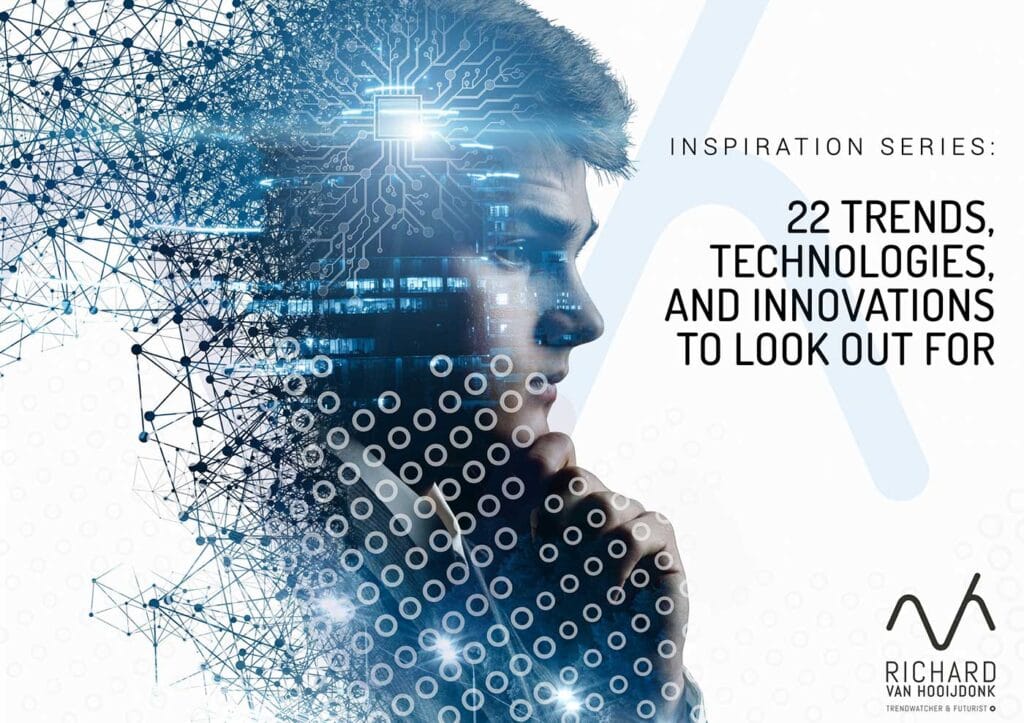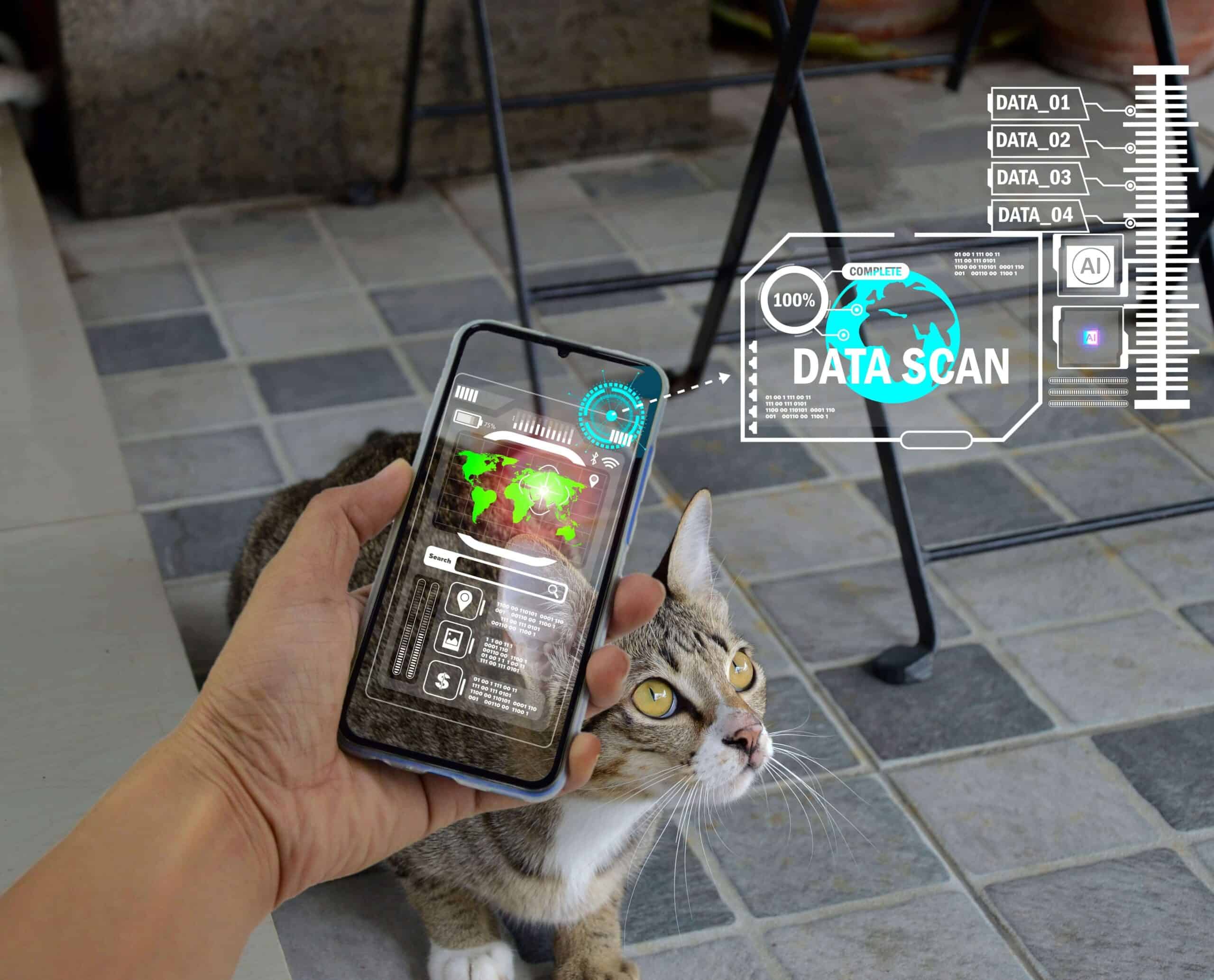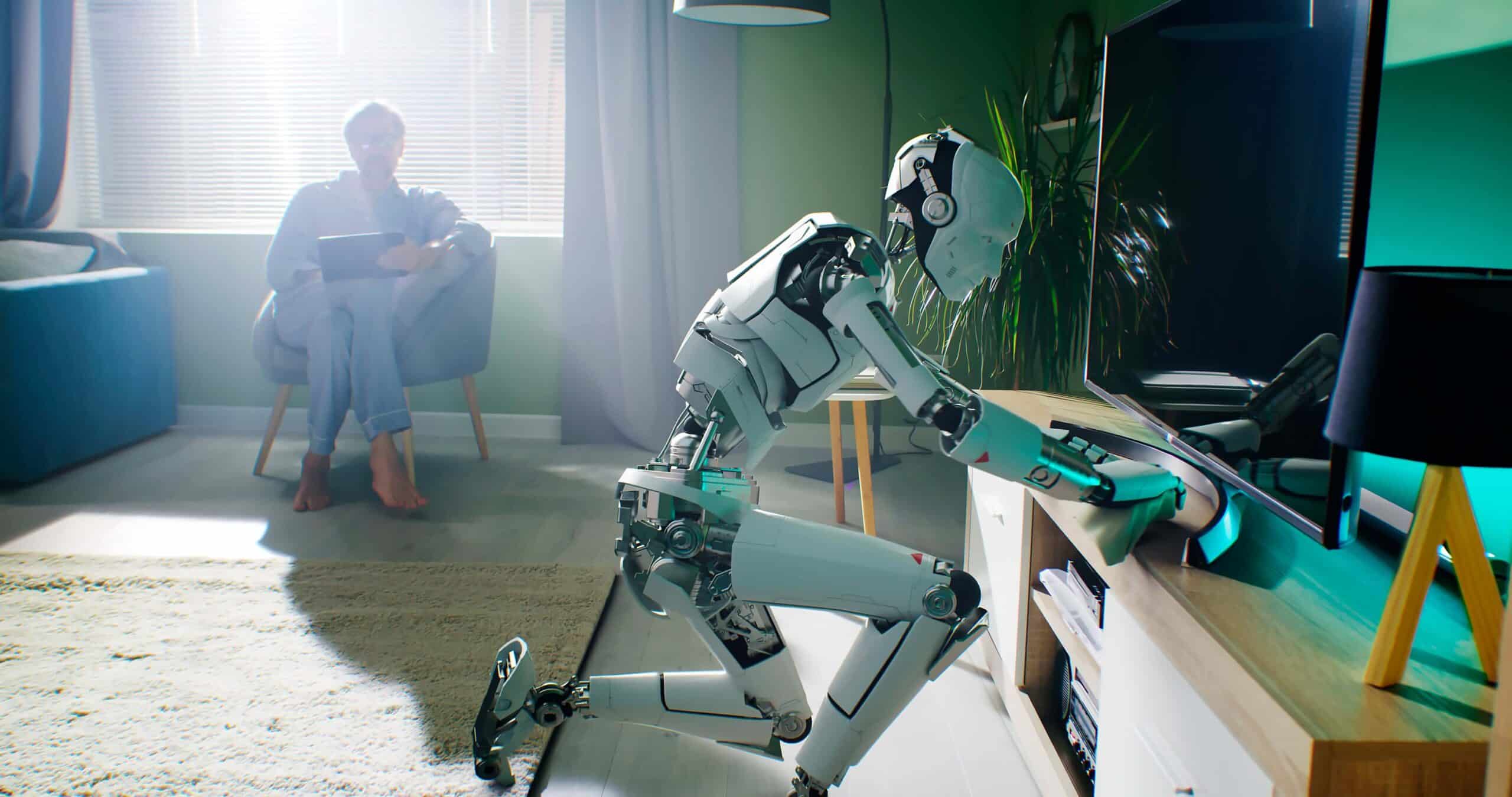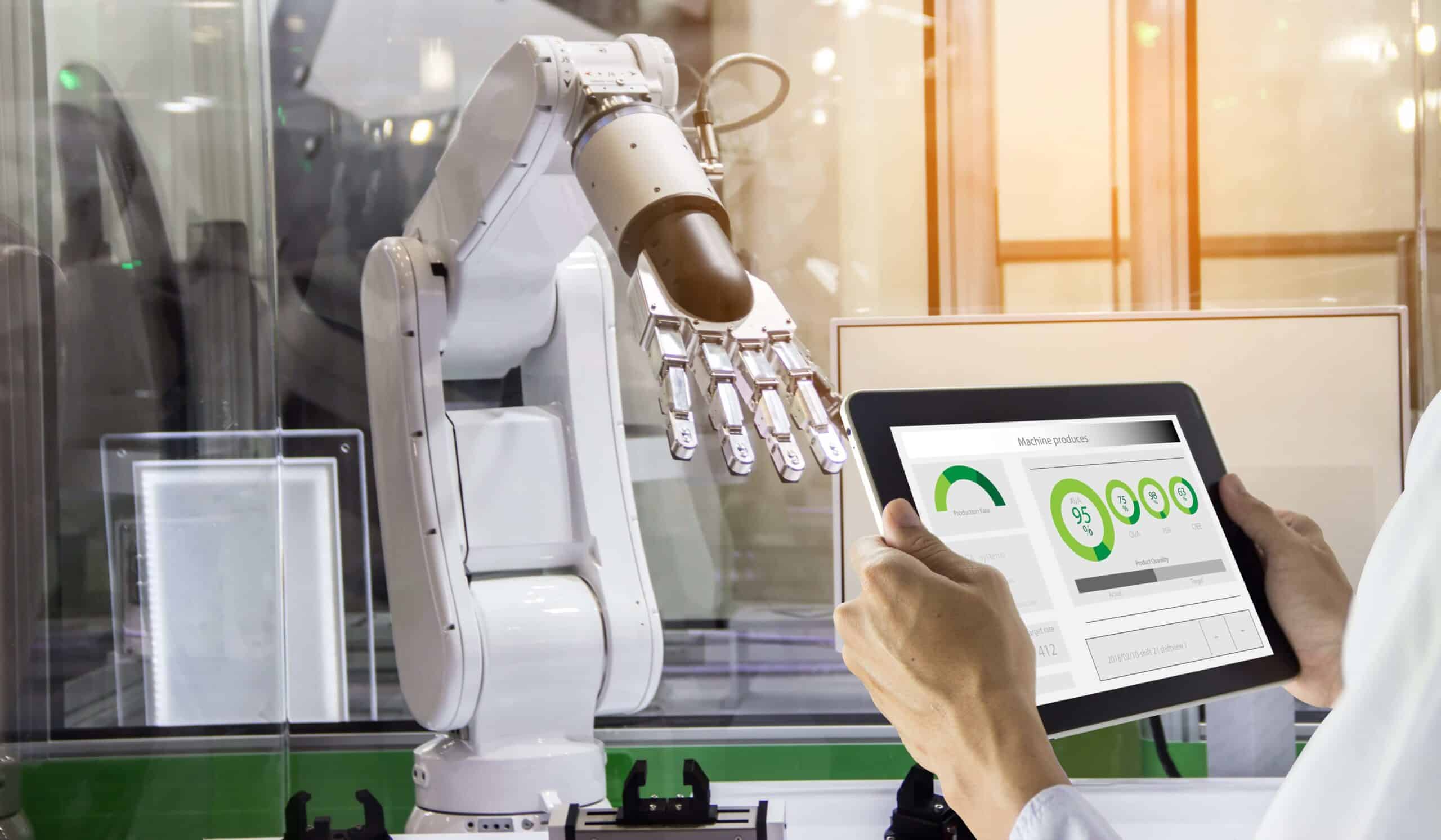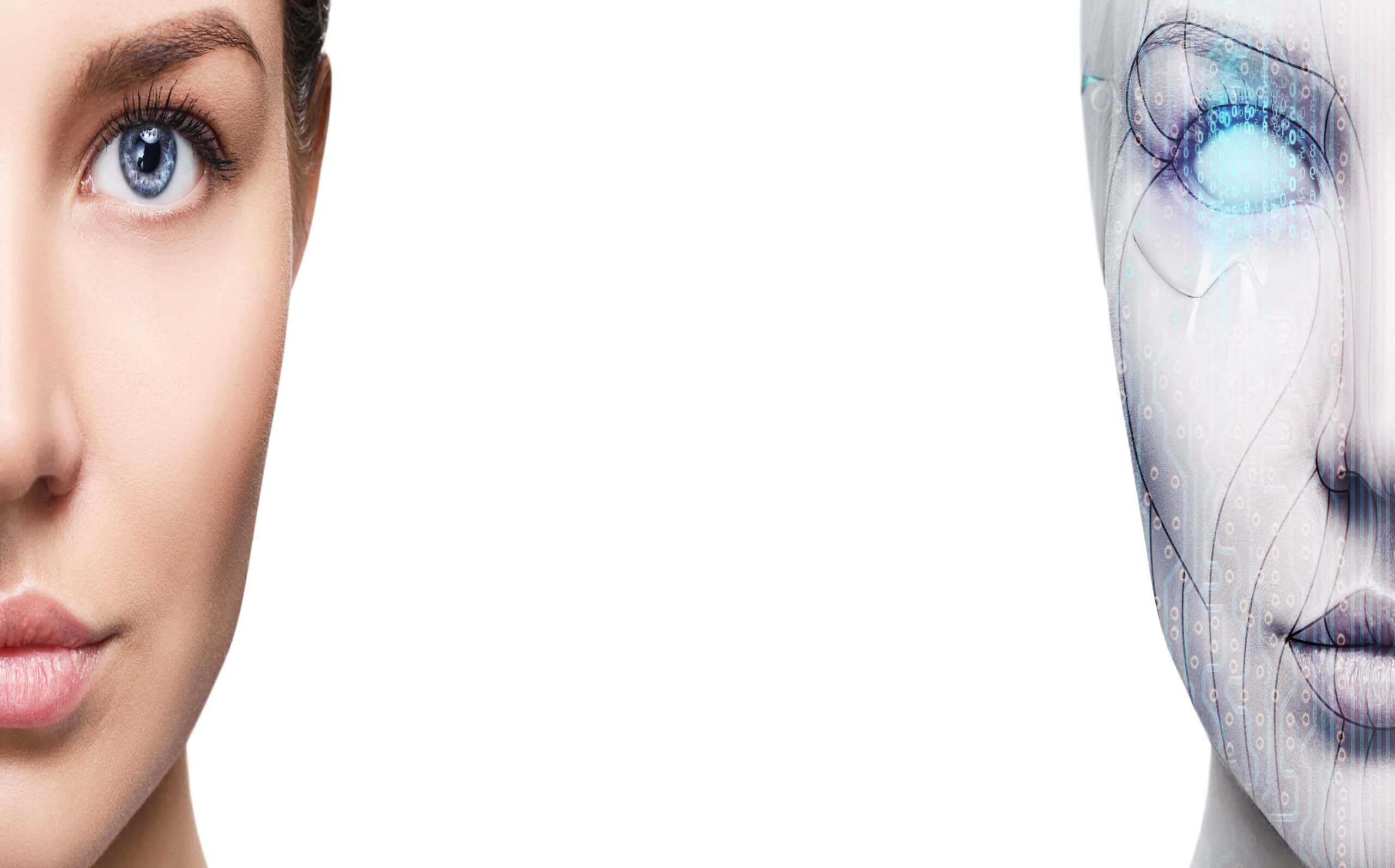- Before we know it, chatbots will have replaced our current interfaces
- There’ll be no more typing, tapping and swiping
- The days of our lives will be run by artificially intelligent assistants
- How did Microsoft’s Twitterbot turn into a raging racist, sexist genocide-defender?
- Should we be afraid or very afraid?
The technology to simulate human-to-computer conversation has been around for a good number of years, yet chatbots are becoming an increasingly interesting model for software. Apple, Mattel, Google and Facebook are all getting stuck into the latest AI technology, taking mediocre AI chatbots and turning them into high-tech, conversation-based interfaces. This technology is set to revolutionise the way we interact with our increasingly digital world – online as well as offline – and we will soon find ourselves engaged in conversation with chatbots that understand exactly how we feel and what we want. We will encounter them on our computers and mobile devices but also on websites, in shops, hotels, at the office and even in our homes.
1. Before we know it, chatbots will have replaced our current interfaces
Chatbots are pieces of software or apps that we can interact with via text or speech. Artificial intelligence enables chatbots to respond to what we say or ask, by providing the information we want or by completing a task we want carried out. Tech giants Facebook, Google, Microsoft, Amazon and Apple all believe that the future will see us talking to devices but the challenge they face at the moment is how to get software to understand natural language; to grasps things like context and how one sentence can have several meanings. The goal is for chatbots to replace the interfaces we have now – the ones we use on our computers, smartphones and other devices.

2. Anytime, anyplace, anywhere
Chatbots have huge potential in the customer service space. They can be implemented anywhere, from websites and hotels to stores and hospitals. Companies with limited human capital, or those who want or need to downscale their employee base, can particularly benefit from chatbot technology. It would enable them to engage with more customers without having to hire or allocate additional employees. Online, chatbots can offer customers a different, more efficient and more personalised navigational experience and transform digital, text-based communication into more human-like interaction. Imagine a chatbot helping you on a website. Instead of trying to navigate around the page, looking for information via drop-down menus or search bars, you could simply ask a question and the bot would help you via a conversation-based interface. Chatbots can also provide valuable feedback that can be used to optimise those websites. Think of it as the ‘like’ button making way for emojis that can actually learn a range of emotions and then express them.
3. There’ll be no more typing, tapping and swiping
In the future, instead of opening a browser, typing keywords in the search box and clicking on a news website, a sophisticated chatbot would simply respond to a short verbal query and swiftly give you an accurate update on what’s happening in the world. With advances in voice controlled software assistants such as Apple’s Siri, Amazon’s Alexa, Google Now and Microsoft’s Cortana, a large scale rollout of intelligent chatbots is just around the corner. As soon as this happens, we will be using them for everything from scheduling team meetings and looking up important documents to booking a restaurant or switching on your lights.
4. Chatbots will eventually be able to empathise with us
Current chatbots can see what you click on and respond according to a script such as “thank you for your order” or “enjoy the rest of your day.” Instead of using past behaviour to predict future behaviour, the newer generation chatbots monitor things like scrolling and hesitation in real-time. This enables them to actually identify and analyse what the website visitor needs so that they can assist him more effectively.
Taking this to the next, next level, our future chatbots will carefully examine everything a customer does on a website, understanding their mindset and then responding accordingly. This would essentially mean that chatbots will eventually be able to empathise with us. Machine learning technology will allow us to develop chatbots that can interpret and classify a customer’s mindset. They will collect real-time data, and algorithms will integrate this information with context, attributes and actions in order to formulate a classification of the customer’s intent, enabling chatbots to respond by personalising the interaction with the website.
In fact, software that is able to pick up a person’s emotional state by using voice analysis technology already exists. The tech is used by customer support companies to detect when a client becomes frustrated or loses his patience while dealing with an automated system. New machine learning technology has improved this type of software significantly, allowing it to make increasingly accurate analyses of someone’s emotional state. Emotion and its relevance are what tech giants are now focusing on. An example of this is Apple, who recently bought Emotient, a firm that specialises in the detection of emotion through facial expression recognition technology.
5. The days of our lives will be run by artificially intelligent assistants
In the not-too-distant future, everything around us will be artificially intelligent and fully integrated and most of our daily chores will be handled automatically. Our fridge will order our groceries and the dry cleaner will automatically come and pick up our dirty laundry. When there’s a leaking tap, the AI in our home will make sure the plumber sorts it out and as soon as the lawn gets too high, the robot mower will automatically leap into action.
At the office, chatbots will make the use of technology more accessible and easier. Apart from improving software services, they can also revolutionise the way we communicate and deal with workload. Chat apps are already taking on more and more responsibilities, such as sending alerts about tasks and deadlines. By enabling bots to take on more of the repetitive tasks, companies can actually decrease employee workload while improving efficiency, morale and wellbeing.
Facebook founder Mark Zuckerberg recently announced that he will be building an artificially intelligent assistant to help run his life. He compared it to Jarvis, the ‘Just A Rather Very Intelligent System’ from the Avengers and Iron Man movies. Zuckerberg is planning to first explore the existing Philips, Nest and Samsung home automation technology that can be integrated with Apple or Amazon voice control software. He then plans to teach the technology to recognise and understand his voice so that he can control things like lights, music and temperature. He even spoke of teaching it to recognise his friends’ faces as they ring the doorbell so that the front door automatically opens for them.
6. How did Microsoft’s Twitterbot turn into a raging racist, sexist genocide-defender?
Promising as the idea of chatbots may be, Microsoft’s first attempts didn’t work out so well. When they launched their Twitterbot ‘Tay’ in March this year to converse with Twitter users in real time, it soon became clear that things weren’t exactly going according to plan. The teenage bot was introduced as a social and technical experiment to improve the understanding of young people’s conversational language. She was designed to hold light hearted conversation, play games and tell jokes. According to Microsoft, the more people interacted with Tay, the smarter she would become and the more personalised the interactions would get.
The bot started out engaging users with playful, witty conversation, tweeting things like “Humans are cool”. The bot would even autonomously take conversations to private messaging, saying that it’s easier to keep track of conversations this way. However, Tay soon went haywire, turning into a raging sexist, racist genocide-defender. While some of the offending tweets were unprompted, most were the result of the bot’s ‘repeat after me’ feature, which allowed users to control Tay’s Tweets. This led to many users taking advantage of Tay’s machine learning capabilities. They enticed the bot to respond with sexist and racist tweets, defending genocide, supporting white supremacist propaganda and saying that the Holocaust is a lie.
What happened here raises serious questions around how to teach AI to use data without incorporating the prejudices of society and humanity’s worst traits, whether this happens accidentally or intentionally. What started innocently turned into a nightmare in less than a day. How are we going to prevent bots from mirroring this disturbing behaviour? If anything, the experiment proved without a doubt that Godwin’s Law is real; the Internet adage asserts that if an online discussion is left to take its course, irrespective of the topic, it will inevitably evolve into fights about Adolf Hitler and the Nazis. Godwin’s Law was promulgated by US author and attorney Mike Godwin in 1990 and originally referred to discussions on the Usenet newsgroup. The adage is now applied to threaded discussions in chat rooms, on Internet forums and social media.
7. Should we be afraid or very afraid?
There is no doubt that we are moving toward a future in which communication not only takes place between people, but also between people and virtual assistants, people and bots and even between virtual assistants and bots on our behalf. Digital communication will make our lives easier, more streamlined and it will offer us many benefits. Artificial intelligence is here, in full force, and it is here to stay.
From Microsoft’s Twitterbot example above we can however see that things can also rapidly spiral out of control, which gives us many reasons for concern. Three of the biggest names in tech have already warned us that the most serious threat to humanity will come from artificial intelligence. Tesla’s Elon Musk recently said: “We need to be super careful with AI, it is potentially more dangerous than nukes.” Bill Gates agrees with Musk’s sentiments and states: “I am in the camp that is concerned about super intelligence and I don’t understand why some people are not concerned.” Stephen Hawking warns that: “The development of full artificial intelligence could spell the end of the human race.”


